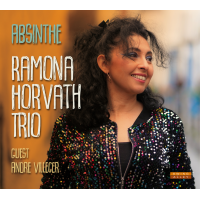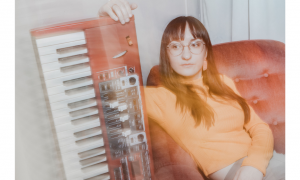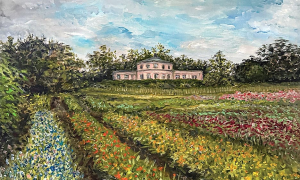USC's Thornton School of Music will make room starting next year for singers and instrumentalists who play pop music, breaking a long-standing tradition in higher education that requires students to dedicate themselves either to classical music or jazz.
Today the school is announcing its new bachelor of music degree in pop music performance, said to be the first of its kind at a major university.
Why shouldn't a program like this start in Los Angeles? I've been in higher education for 20-some years, and it's been talked about, but everyone has been afraid to do it. No one wanted to be first.
Robert Cutietta - dean of the Thornton School
The thrust of the new program, which is overseen by associate dean Chris Sampson, is to provide a place for instrumentalists or vocalists whose passion is popular music -- be it rock, R&B, folk, blues or country. Although other institutions grant degrees to those who study pop music as a cultural force, this is billed as the first bachelor's degree available to those who perform it.
Students still will be required to study music theory, history and songwriting, but they'll also learn about entertainment law, record promotion, marketing, publicity and other fields pop musicians need to understand to succeed in the evolving music business.
“We built this program recognizing that the nature of the music business is changing," Sampson said in a separate interview. “We're looking to create a broader number of opportunities for our students to successfully make careers in music. Turning out records that end up making the charts, that's the top of a broad pyramid. I expect other students might find their way into becoming music directors, arrangers and a variety of different roles. “The whole idea is that we'll be bring it all together under one umbrella. . . . We are building a network of people in different disciplines, whether in technology, business or law... and within a college atmosphere, students will have some room to experiment."
Cutietta and Sampson both speak from personal experience, Cutietta as an electric bassist, Sampson as a rock drummer. Neither discipline was recognized at the university level when they were students.



























